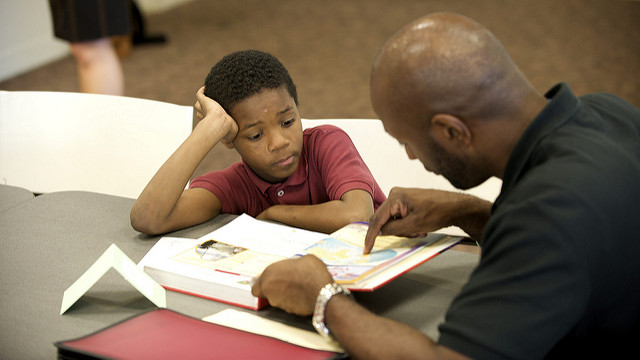What does it mean if a child is sluggish, slow to get started on homework and chores, or lacks energy to take on daily routines? Is this depression? Or are these kids just slow to processing information?
Depression in children is more than sadness, and its symptoms can reflect slow processing speed. In addition to symptoms such as dysphoria, lack of energy, irritability, worries, and sleeping disturbance, kids with depression can appear lethargic and slow-moving. They may be under-aroused, apathetic, and exhibit poor motivation. All of these factors can contribute to slow processing speed.
Yet only about 6% of children who display signs of slow processing speed have a diagnosis of depression. It appears that depression itself is not a direct cause of slow processing speed. Nonetheless, kids who are depressed tend to do poorly on many measures of processing speed. And, logically, kids with depression do move more slowly.
A study assessing verbal fluency as a measure of processing speed found that depressed kids tend to have difficulty starting a task , but once they get going their overall performance is the same as that of others. This suggests that the main problem with depressed kids is not their speed of processing but a delay in starting. Kids who are depressed also display other behavior that can impact processing speed. Core characteristics of depression such as motor retardation, low self-esteem, inconsistent motivation, and the inability to sustain concentration can directly impact speed of processing.
Studies that look at comorbidity of depression with potential problems are generally not suggestive of depression playing a role in slow processing speed. It appears that the primary variance associate with slow processing speed in children with comorbid disorders is from ADHD.
A follow-up study of 705 16-year-old Scottish students from the late 1980’s suggested that slower cognitive processing speed at age 16 is related to a higher incidence of depression and anxiety symptoms as adults. The authors of this study questioned whether slower processing speed in childhood can lead to mental health issues due to “increased stress and difficulties responding to adversity earlier in life.”
So can depression cause slow processing speed? Perhaps not, but the existing research data can be a bit alarming for parents. This is compounded by the fact that slow processing speed can actually contribute to stress, anxiety, low self-esteem and depression. The good news is that the findings suggest that addressing concerns regarding slow processing speed early in childhood can be important for later mental health and improve the side effects of slow processing speed that negatively impact success. Parents may be able to improve the psychological adjustment of their kids as adults through early intervention and addressing concerns related to the secondary effects of slow processing speed: low self-esteem, loss of motivation, and increased stress and anxiety.
Here are some resources for building positive psychology skills for kids who suffer from depression, stress, anxiety, and low self-esteem.
Prescribe Video Games for Depression and Anxiety
Top 5 Games for Kids Who Struggle with Depression
How Video Games Can Improve Social Emotional Learning, Resilience, and Positive Psychology
The Frustration Index: Slow Processing Speed in School
8 Best Games for Stress Relief
Can Video Games Help Kids to Cope with Stress?
The Best Apps and Games for Social Emotional Learning and Positive Psychology in Teenagers
Strategies to Reduce Anxiety for Teens
Games for Adolescents Transitioning to Middle School
Strategies for Motivating Kids with Slow Processing Speed
Why Kids with Slow Processing Speed Seem Less Motivated
Featured image: US Department of Education




